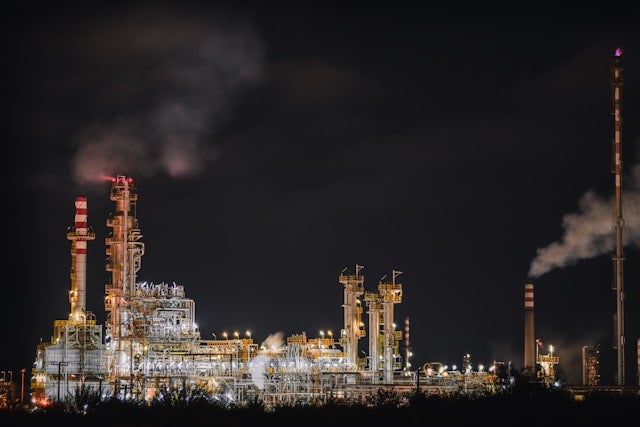
US-based engineering company KBR has secured a project management contract for the design and construction of a new 200,000bpd refinery in Lobito, Angola.
Angolan oil and gas company Sonangol has awarded the contract, which further extends over two decades of partnership with KBR in the development of natural resources in Angola.
Under the contract agreement, KBR will provide services including the project management of engineering, procurement and construction phase execution.
Upon completing the project, Angola is expected to have a 200% increase in the capacity to produce fuel products within the country in an efficient and sustainably improved approach. займ безработным.
KBR sustainable technology solutions president Jay Ibrahim said “We are excited to be a part of this important project and to continue to grow and maintain a substantial presence in the region.
“This win is indicative of KBR’s strategic commitment to offer differentiated technical services that support Angola’s sustainable development goals.”
According to KBR, the Lobito refinery is one of the most significant energy infrastructure projects in the region and will contribute to Angola’s energy independence.
The project will contribute to significant job creation and economic development in the region.
Last year, KBR completed the FEED phase of the project, providing a cost-competitive design that met Sonangol’s goals while meeting the industry’s emission standards.
The company said that the project is in line with its strategy in energy transition to provide more environmentally friendly solutions.
Its FEED design also meets 2030 African and European Product Specifications with river water consumption and waste-water treatment needs reduced by 30%, due to its refinery’s cooling system design.






